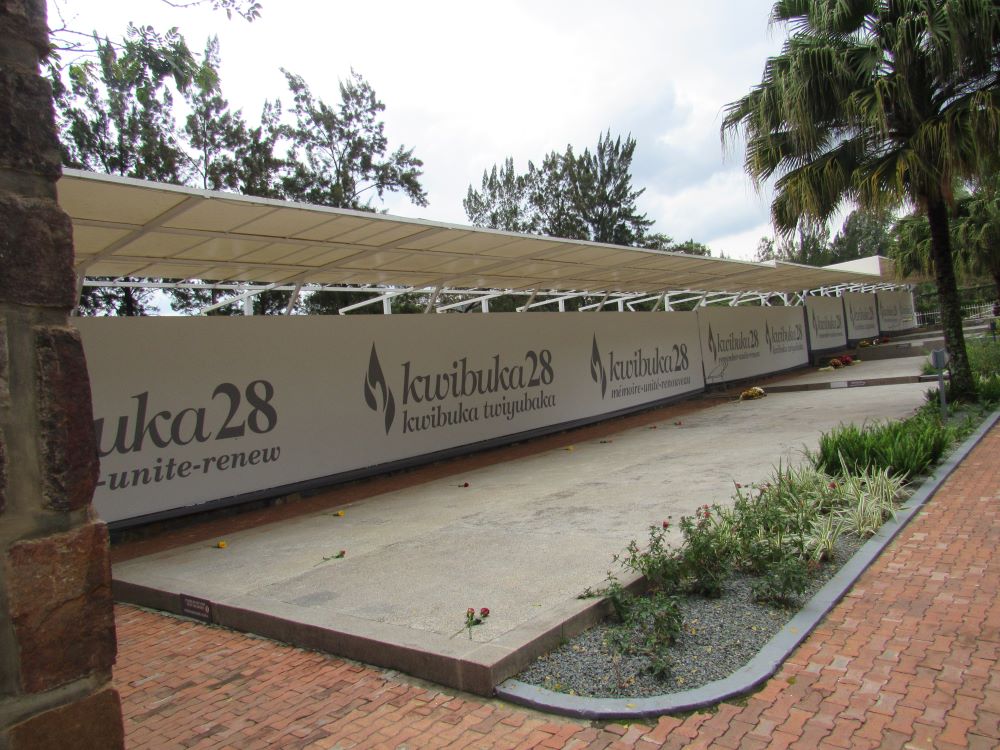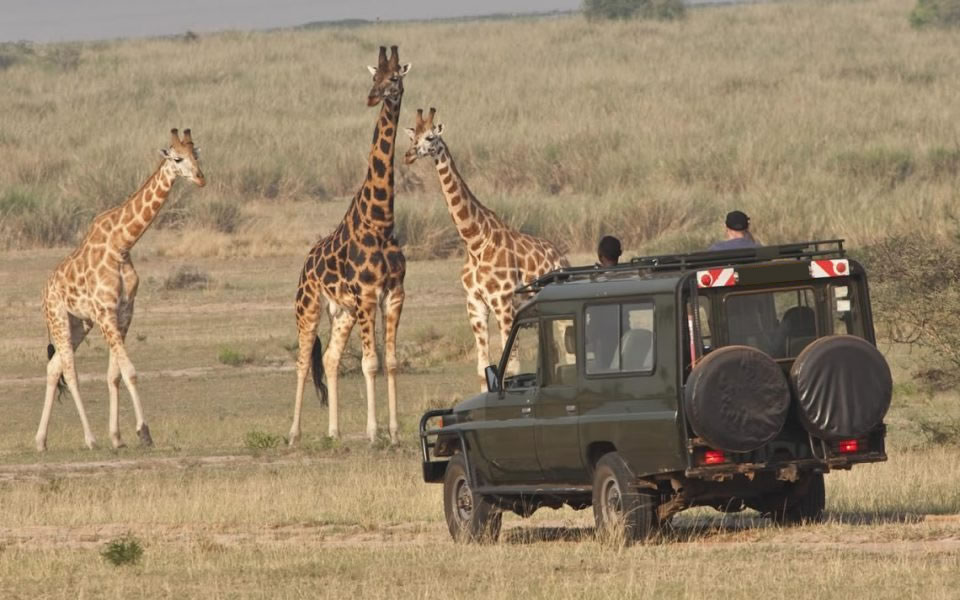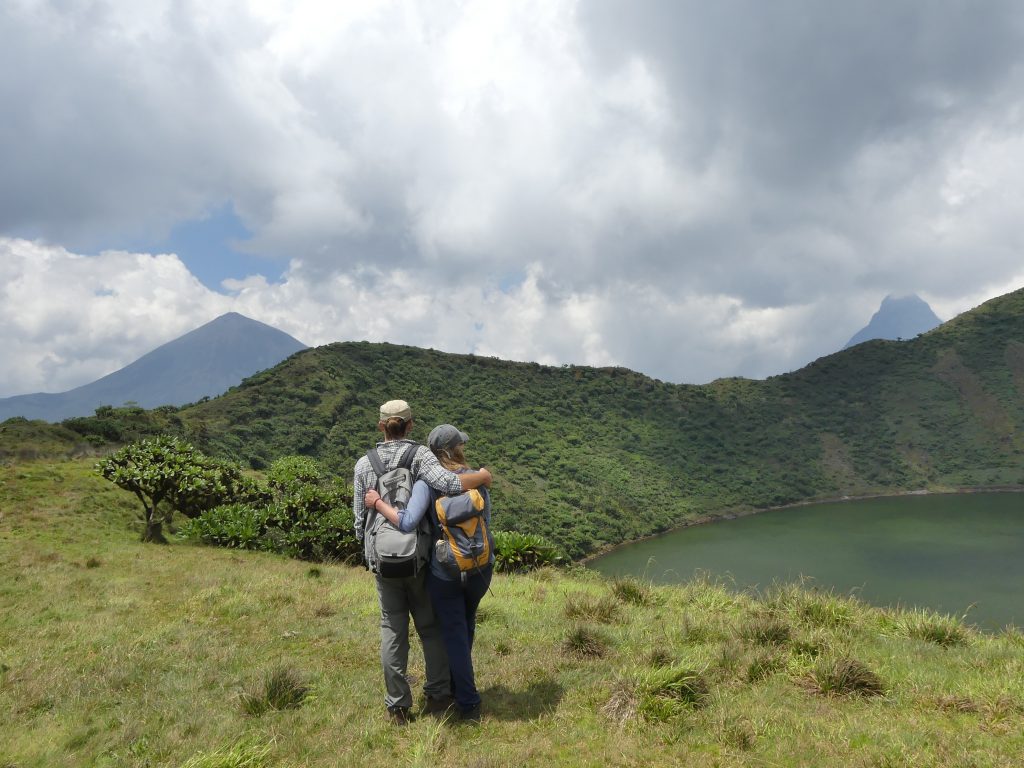A visit to Genocide Memorial in Rwanda is a profoundly moving and emotional experience. The…
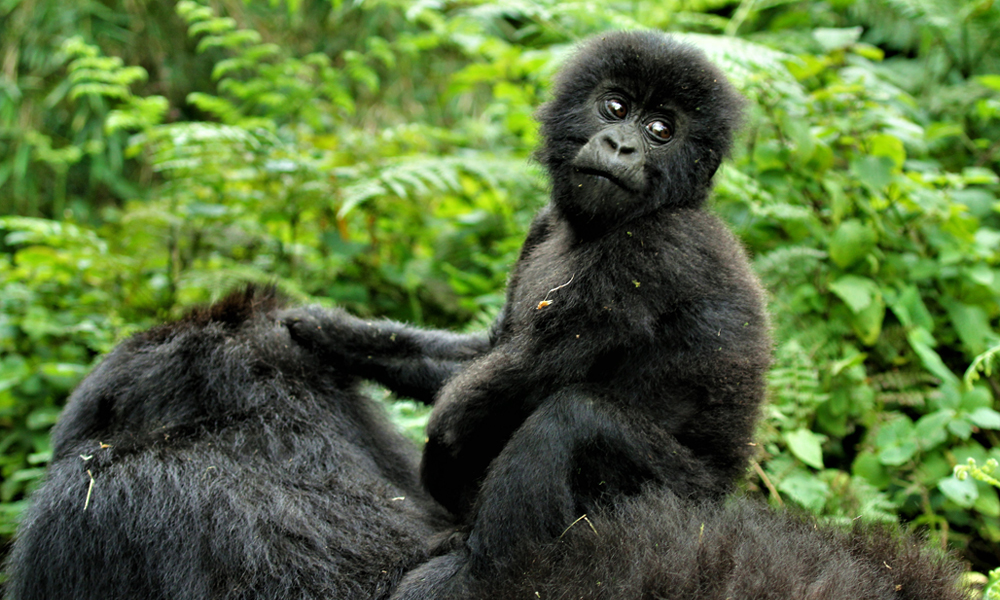
Mountain Gorilla Conservation
The Mountain gorilla is the human-like creature only found in the great lakes regions. They live in the high mountains of the Volcanoes National Park in Rwanda, Virunga National Park in DR Congo and in Mgahinga National Park and in the Bwindi Impenetrable National Park in Uganda. Researchers have shown that the Mountain gorillas share almost 98% of their DNA with Human beings. Not only sharing the DNA, mountain gorillas share the mode of living with human beings in the way they are organized in a family-like group as humans do, the way they communicate, behave and care for each other.
The Mountain Gorilla Conservation efforts are traced back in 1967 when Dian Fossey, an American Primatologist established the “Kirisoke Research Centre” which have started since then the process of documenting gorillas behaviors, status, movements and other important information that will help in habituating them to the presence of human beings.
They mostly feed on bamboo branches. Since they live like humans, they also need some care close to humans as they also seek as we do and need medication. Off course that there should be research to show the appropriate way of caring for them. To date the center carries out activities of monitoring the life of gorillas. this center in partnership with the Rwanda National Park authority monitor the life of all gorillas. The Mountain Gorilla Conservation efforts also entails of protecting them of different threats including poaching, destruction of their environment.

The efforts also include providing gorillas with medical care to those under critical conditions, caring for the baby gorillas and offering full time security and monitoring care.
You can’t talk of Mountain Gorilla Conservation efforts without talking of sustaining the communities around the parks, who also rely on the forest to make their lives by farming. The work will include projects offering other alternatives to make their lives other than relying on the work in the forest. With gorillas habituated to being visited and generating revenues, the communities will be engaged in the conservation and protection of the gorillas when the revenues are shared to them in a way of improving their welfare.
Since 2005, the government of Rwanda initiated a model by which 5% of the revenues of the park are injected in welfare projects around the park including building hospitals, schools, water and electricity. This also goes with mobilization of the community on the importance and protection of gorillas as well as funding other income generating activities to the communities.
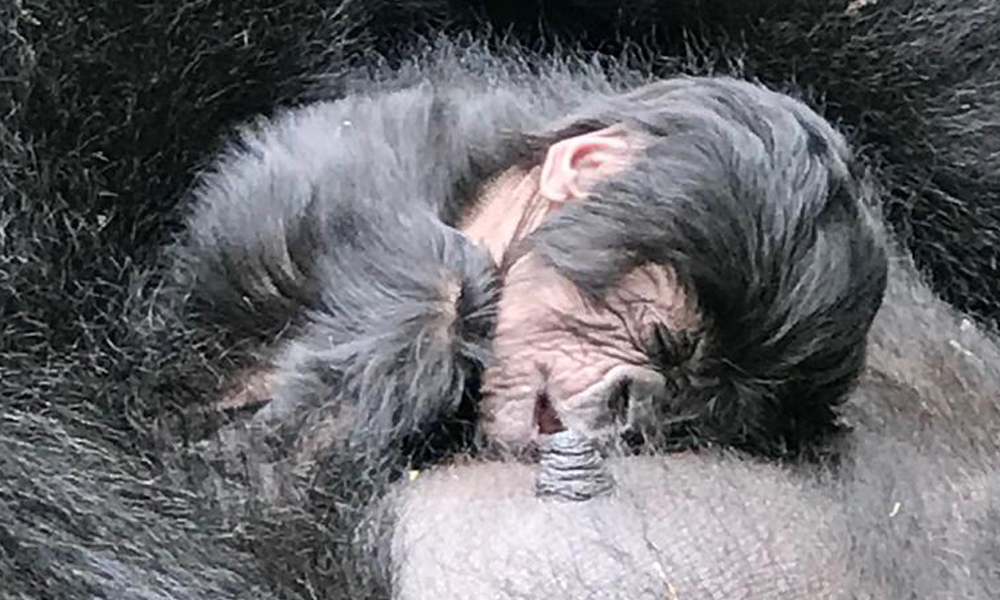
Visiting gorillas in their wilderness is not only a lifetime experience but also supporting the community in protecting the gorillas and the volcanoes biodiversity as well as helping to ensure a sustainable development to the community. Your contribution is ensured when you pay a gorilla permit, buy products from the local communities or simply visit and pay a little money for a ticket to one of the local communities projects including cultural centres, art and craft centres.
Do you want to meet these endangered human-like creatures, at the same time offering a chance to the community of earning their survival, with a gorilla trekking trip to the Volcanoes National Park. Reach out to Unique Rwanda Vacation Experts be advised on how, when and which cost a gorilla trekking trip to the Volcanoes National Park costs. The tour consultants will also help in booking the permit, accommodation and transportation logistics.

